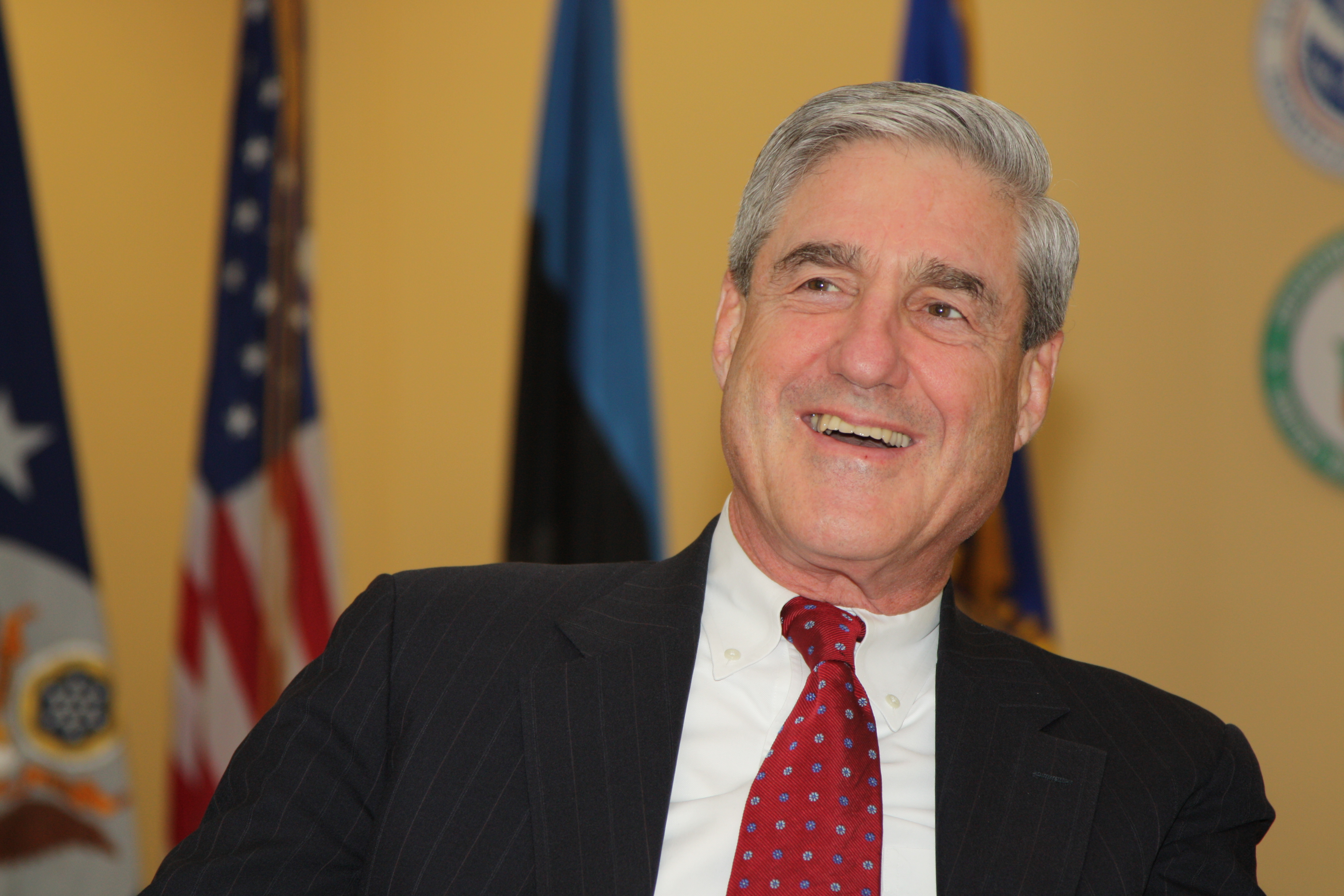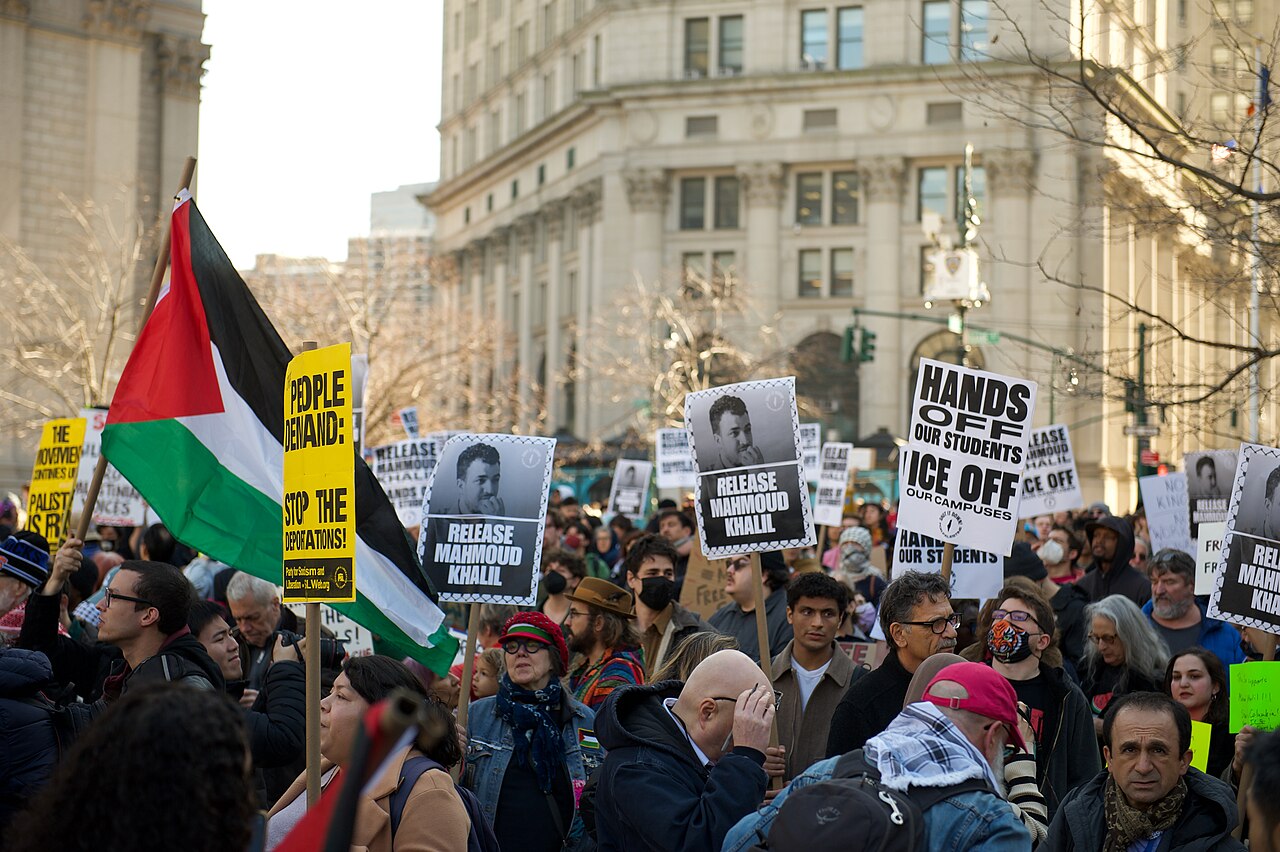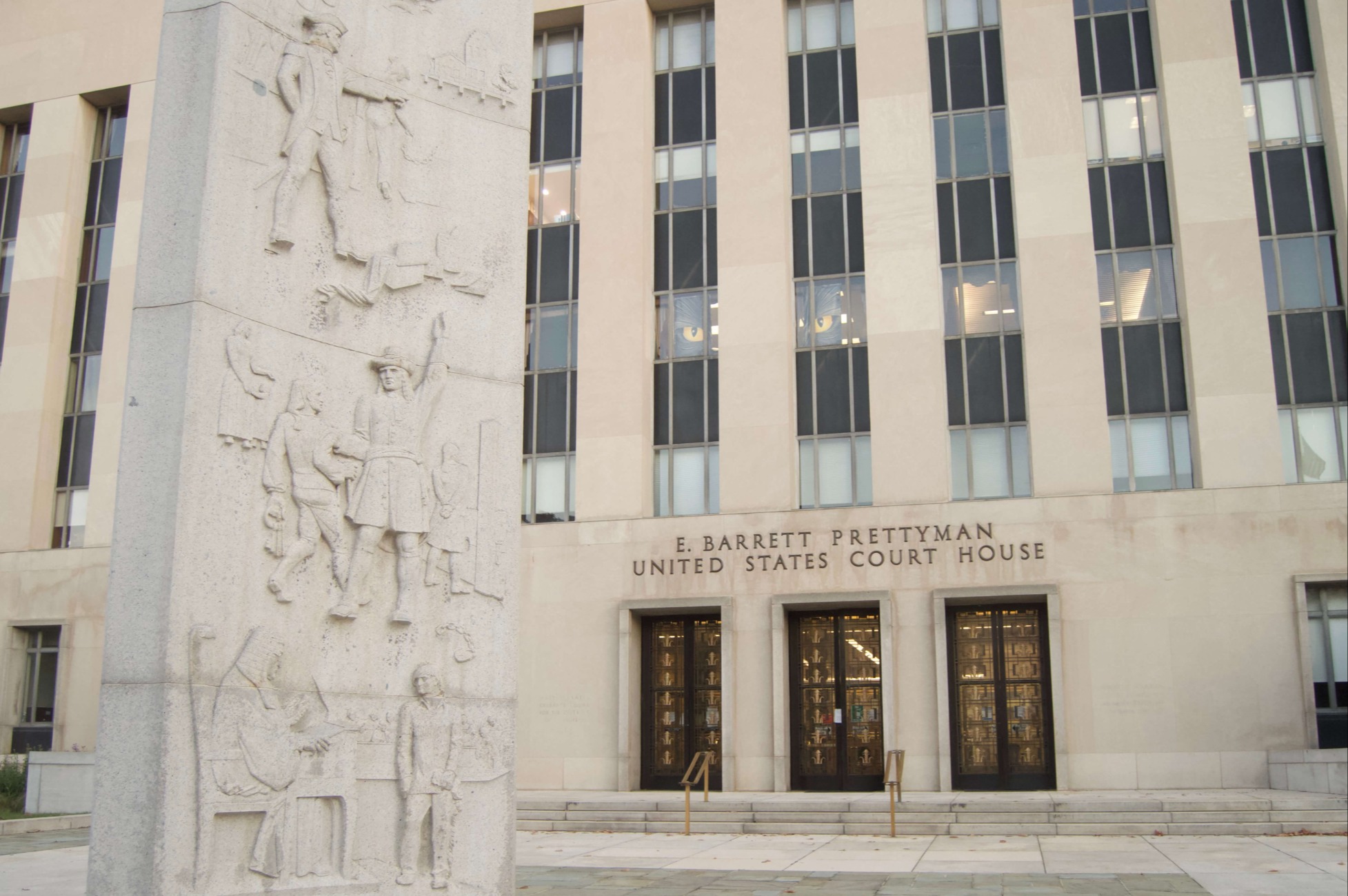Hit Hard From Two Sides: The Special Counsel Rules After the Supreme Court Immunity and Cannon Classified Documents Decisions
Special counsel may go the way of independent counsels, in a blaze of controversy.

Published by The Lawfare Institute
in Cooperation With

Now under legal attack from two directions, the special counsel regulations may be doomed. First, the Supreme Court’s immunity decision raises questions about the viability of executive branch law, which holds that presidents may be investigated, even if not prosecuted, while in office. In Trump v. United States, the Court adopted the strongest possible view of the separation of powers principles that vest federal criminal and prosecutorial control in the president. Given that “investigative and prosecutorial decisionmaking is ‘the special province of the Executive Branch’” and the president possesses the “entirety of the executive power,” the long-standing Office of Legal Counsel (OLC) opinions that the Department of Justice may investigate an unwilling president seem clearly in peril.
Those regulations came under attack from a different direction when Judge Aileen Cannon in the Southern District of Florida ruled in the Trump classified documents case that the appointment of a special prosecutor is unconstitutional. The Cannon decision rests in part on her conclusion that Congress has not authorized the attorney general’s appointment of special counsels. But she also found that these appointments are unconstitutional under both the Appointments and (as she indicates but does not rely on) the Appropriations clauses. Here she follows the separation of powers reasoning of Justice Clarence Thomas in Trump v. United States: “the Constitution also secures liberty by separating the powers to create and fill offices.” On this basis, with multiple citations to Thomas, Cannon dismissed the charges against Donald Trump in that case.
So, the special counsel rules are now under siege on two fronts. The immunity decision undercut the rules by implication, undermining OLC opinions that special counsels may constitutionally investigate an incumbent president. Judge Cannon’s decision strikes at the constitutional foundation of the rules themselves and potentially disables them for use in all other inquiries, including ones not involving the president, such as those directed against senior White House or Cabinet officials. Separation of powers theories converge to cast the future of the rules into uncertainty: presidential immunity in one case, congressional authority in the second.
The Justice Department has appealed the Cannon decision, and commentators have been quick to suggest that its doctoral grounding is weak and that reversal is likely. Nonetheless, the fate of the regulations is far from certain and will likely be decided by the U.S. Supreme Court. And if the regulations do not survive this attack, their fatal defect may not be the product of a pure shift in doctrine—a reversal of course in constitutional reasoning from the available authorities. Driving this outcome may well be the empirical judgment that the rules are both problematic in structure and unworkable in practice. Experience, not logic, may dictate the outcome or reinforce the destination that the Court’s conservative majority is inclined to reach.
The story of the fall of the independent counsel statute is instructive. The judiciary did not strike down the law when it was challenged; the Supreme Court upheld it in Morrison v. Olson. But eventually, Congress concluded after a contentious history that it should be allowed to lapse. Commentators cited the lone dissent in the case, by Justice Antonin Scalia, as the position vindicated by experience. To be sure, Scalia argued the doctrinal case: “If to describe this case is not to decide it, the concept of a government of separate and coordinate powers no longer has meaning.” But he also sought to demonstrate, by an appeal to history, the practical effect of ignoring these principles. Independent counsels had run amok: Their investigations proliferated, their budgets were unlimited, their work was basically unsupervised, and the administrations subject to these “highly publicized” inquiries suffered major political harm. Scalia argued that these ills were plain to see. As Linda Greenhouse wrote in 1999, in a piece reflecting on what had become a bipartisan turn away from the statute:
The basic question for the Court was whether the law violated the separation of powers by stripping the President of effective control over the core executive branch function of investigating and prosecuting crimes. Justice Scalia insisted that it did, not only on the level of abstract constitutional theory but also in a real-world political sense.
This “real-world political sense” led distinguished commentators to see Scalia as having clinched his side of the constitutional argument. Greenhouse quoted a Democratic constitutional law luminary, the late Walter Dellinger, as concluding that “[t]he parade of horribles envisioned by Justice Scalia is now marching right down Pennsylvania Avenue.” In one famous switch of position, Attorney General Janet Reno, who had strongly supported extension of the independent counsel law in 1993, came to see things quite differently by 1999 and testified before Congress in favor of letting it die. She memorably cited the Scalia dissent in support of her new position.
And this concern with “a parade of horribles” may be what catches up with the special counsel rules today as well, as they are subjected to direct scrutiny or suffer fallout from the presidential immunity decision. Justice Scalia’s claims about independent counsel investigations—that they were a “source of constant political damage” to the affected administrations and “could not be remotely described as merely the application of ‘normal’ investigatory and prosecutory standards”—match up now, almost four decades later, with criticisms of special counsels.
Jack Goldsmith and I once wrote, in “After Trump,” about possible reforms of the rules to learn from experience and better adapt them to their intended purposes. In the book’s appendix, we gamely provided sample text. One issue we addressed is the lack of clarity about the roles of the attorney general and the special counsel. The reforms we advocated would provide the attorney general with more say in how investigations were conducted. He or she would not have to abjure day-to-day supervision but instead could order the special counsel to supply periodic updates. The attorney general could also direct that the special counsel seek an Office of Legal Counsel opinion on any legal issues, and the attorney general would retain the ultimate control over their resolution. The attorney general could disapprove any investigative step he or she deemed to be plainly inconsistent with law or established department practice. And it would clearly be the attorney general’s role to approve or disapprove any final recommendation of prosecution or declination. To ensure some accountability for this enhanced control, the attorney general would have to provide notification to Congress of these interventions at the conclusion of the inquiry. And, critically, the special counsel’s fact-finding role would be protected, and its results would be released, without attorney general intervention, to Congress and the public.
But in the years since we published “After Trump,” Goldsmith has concluded that the time has come to “kill” the institution of special counsel because it has plainly failed. He has concluded that attorneys general will not exercise even the control afforded them under the current rules. As he wrote in the New York Times: Special counsels hold “the real power in this relationship,” and this power “leads them to make highly controversial decisions, often at the edges of propriety.” The result, he said, has been more of the “perceived politicization of the Justice Department by different halves of the country”—which is “the opposite of the goal of the special counsel regulations.”
And there are a range of other frustrations with the failure of the rules to clear away problems with the independent counsel statute they replaced. Goldsmith noted the criticisms of Special Counsel Robert Mueller for disclaiming “exoneration” of Trump and of Special Counsel John Durham for “wide-ranging criticism of former officials beyond his remit to determine criminality.” And the rules were supposed to be limited, a response to the massive reports other independent counsels produced, but special counsel reports such as Mueller’s, Durham’s, and Robert Hur’s have been voluminous, running into the hundreds of pages.
In a response, I wrote that the time had not yet come to give up on the institution and that additional reforms could be useful. Goldsmith is likely right; I am likely wrong. All the political pressures, incentives, and disincentives work systematically to push special counsel investigations into highly controversial directions. The old independent counsel statute was allowed to lapse because both parties were scarred by experiences with independent counsel investigations, shared a view of its systematic failures, and could not see the way to an effective reform. Experience with the special counsel rules has been similarly sobering. Each party can point to an unhappy encounter with the rules in practice.
Now their fate lies either with presidents and their attorneys general, who must decide whether to keep or invoke them, or with the courts who hear challenges to them. The odds are improving that, at some point, one or the other—a willing executive or the courts—will do away with the institution that Goldsmith has concluded ought not be preserved. And the recent developments in the courts strengthen the hand of any such executive and his or her attorney general who look for cover, for a gloss of principle, in taking down the rules.
This view does not require buying into the Cannon analysis, which may not survive appeal. There are sound arguments, embraced by other courts, that Cannon missed badly on key issues such as whether Congress authorized the appointment of special counsels. Other criticisms of her decision are unlikely to deter a court from seriously considering the Cannon and Thomas positions, especially in light of the controversies surrounding special counsel appointments. It is not clear why it should matter, for example, that the Department of Justice has resorted to the appointment of special counsels for a long time or that, even if there is a lack of clarity about explicit congressional authorization, Congress has not to this point intervened to bar their use.
And the appeal to the principle that we “need a system to police high-level executive branch wrong-doing, and the system can’t be run by the president and his appointees alone” does not address the separation of powers positions advanced by the rules’ critics. Those positions, advanced by Cannon and Thomas and potentially appealing to a Court conservative majority, reject precisely any such claim that there can be a federal “policing” system that isn’t “run by the president and his appointees alone.” The Roberts Court’s readiness to actively adjudicate separation of powers boundaries suggests that this majority may have an appetite for a serious review of the Cannon decision and an outcome on the order of what Justice Thomas would be looking for.
It is more generally a mistake to discount how the ceaseless controversy affecting these inquiries may affect the resolution of these issues. Of course, by their nature, these investigations will be controversial. Partisans will be either delighted or appalled by them as they look for specific outcomes—and then either get them or not. As we saw in the Mueller case, an investigation can fall into disfavor for different reasons, at different times, as the parties swap positions and defend what previously they attacked, or vice versa. Democrats anticipated a finding of criminal collusion with Russia and then went into something like shock when it was not forthcoming. Republicans denounced the Mueller inquiry as a partisan plot, directed by Democrats, and then cheered the conclusion: no collusion-related finding of liability and no such finding, if not an “exoneration,” of alleged obstruction of justice.
From the Mueller case to the present day, the special counsel rules’ troubled history may decisively influence the next stage in their legal life cycle. This is what brought down the independent counsel statute. The special counsel rules seem headed in the same direction: down.





